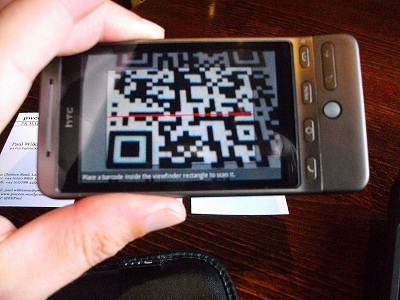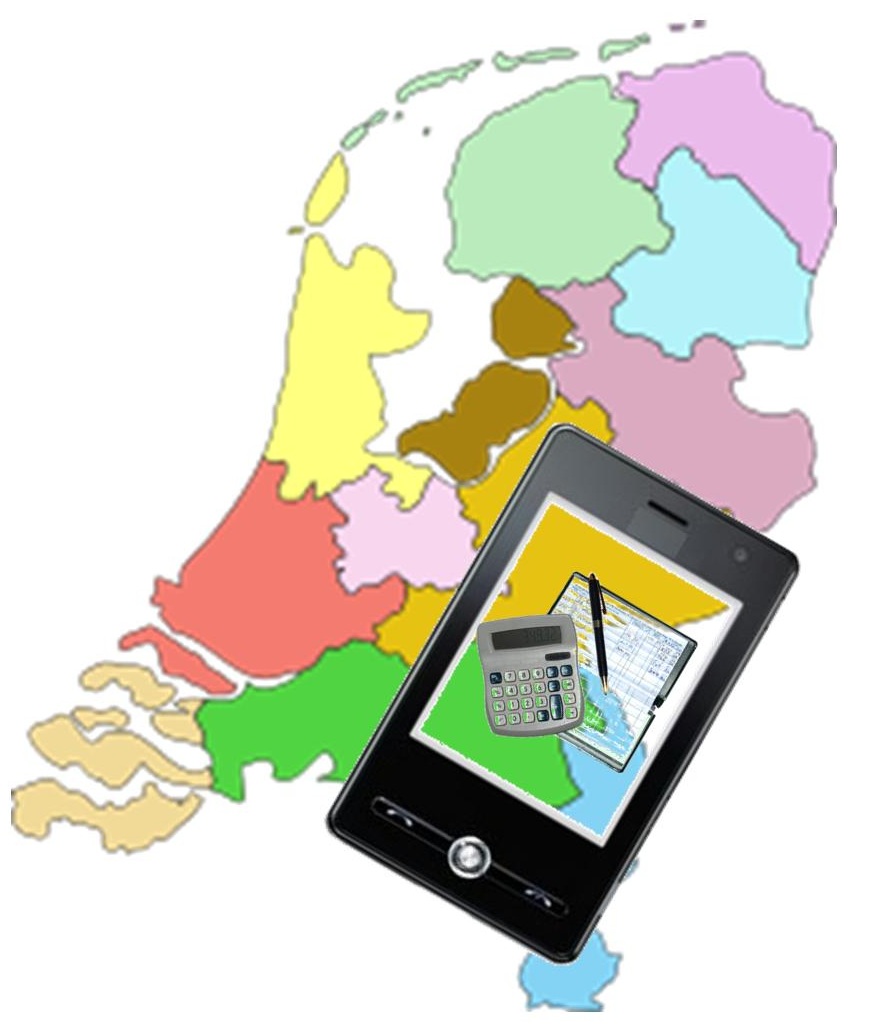BWild |
February 27, 2013
 New application makes use of QR codes to make mobile payments easier for consumers
New application makes use of QR codes to make mobile payments easier for consumers
Bancontact, a Belgian electronic payments firm, has launched a new mobile application that will help introduce a new service into the realm of mobile commerce. Consumers around the world have shown strong interest in mobile commerce, which includes online shopping, banking, and payment transfers. In order to meet the demands coming from consumers regarding comprehensive mobile commerce services, Bancontact has introduced a new application, which focuses on the use of QR codes.
Codes may be very useful for personal transactions
QR codes are most commonly used in mobile marketing and have excelled in this particular field. The codes allow consumers to access digital information from their smartphones and tablets. The codes have begun seeing use in the field of mobile commerce, with retailers like Tesco using them to facilitate electronic payments for products. Bancontact believes that the codes could be especially useful in helping consumers transfer funds to one another.
QR codes generated by the application can be used to initiate payments
The new application from Bancontact leverages QR codes to allow users to send money to each other. The application could be particularly beneficial for those that operate their own businesses as it allows them to accept electronic payments for their goods and services more easily. The application can be used to generate a QR code that is associated with a certain amount of money. When this code is scanned by another person, they will be able to make a payment directly to the code’s owner.
Codes may soon become powerful mobile commerce tool
Currently, the application can only facilitate payments of up to $20. The application is available for the Android and iOS platforms and is available to Bancount’s 15 million cardholders. Bancount believes that the application will help draw more attention to QR codes and their use in mobile commerce. The codes are likely to remain a very powerful mobile marketing tool, but may soon become one of the most widely used mobile commerce tools.
 Dutch banks have partnered up in order to give near field communication transactions a trial run.
Dutch banks have partnered up in order to give near field communication transactions a trial run.
Three Dutch banks have partnered together in order to run and observe a pilot program that will use NFC technology that they may then implement in order to provide their customers with mobile payments options.
This new test will involve the participation of two other large companies as well.
Both the wireless carrier called KPN, and the credit card giant, MasterCard, will be joining up with the three banks in the Netherlands in order to run the trial period. This will help them to investigate the use, success, and potential adoption rate that can be expected from a mobile wallet that is based on NFC technology in the country.
The banks involved in this NFC technology pilot program include ING, ABN Amro, and Rabobank.
The NFC technology mobile payments pilot program is expected to begin during this upcoming summer. It will involve the participation of a select group of individuals in Leiden, Netherlands. These people will be offered a mobile wallet that uses the near field communication tech in order to allow them to make payments using their smartphones.
The test itself will be conducted by Mobile Payment Netherlands, which is a venture that is backed by the three banks that are involved in this trial period. The test group of individual participants will include 1,000 people who already have accounts with at least one of the three participating banks. They will be given the opportunity to use their NFC technology enabled smartphones in order to make payments when they are purchasing products and services from various locations around their city.
The Mobile Payments Netherlands initiative through the three banks that have partnered together in this effort are what is left of the so-called “Sixpack” of Dutch banks and carriers that had initially come together in 2011 in order to build a solid infrastructure for smartphone transactions within the country. Last year, that original group fell apart, but it has partially rebuilt itself in this latest project through the smaller number of participants.
Each of the Dutch banks will be performing their own assessments of the NFC technology based pilot program in order to be able to create their unique individual strategies for mobile payments.
 New application makes use of QR codes to make mobile payments easier for consumers
New application makes use of QR codes to make mobile payments easier for consumers
 Dutch banks have partnered up in order to give near field communication transactions a trial run.
Dutch banks have partnered up in order to give near field communication transactions a trial run.